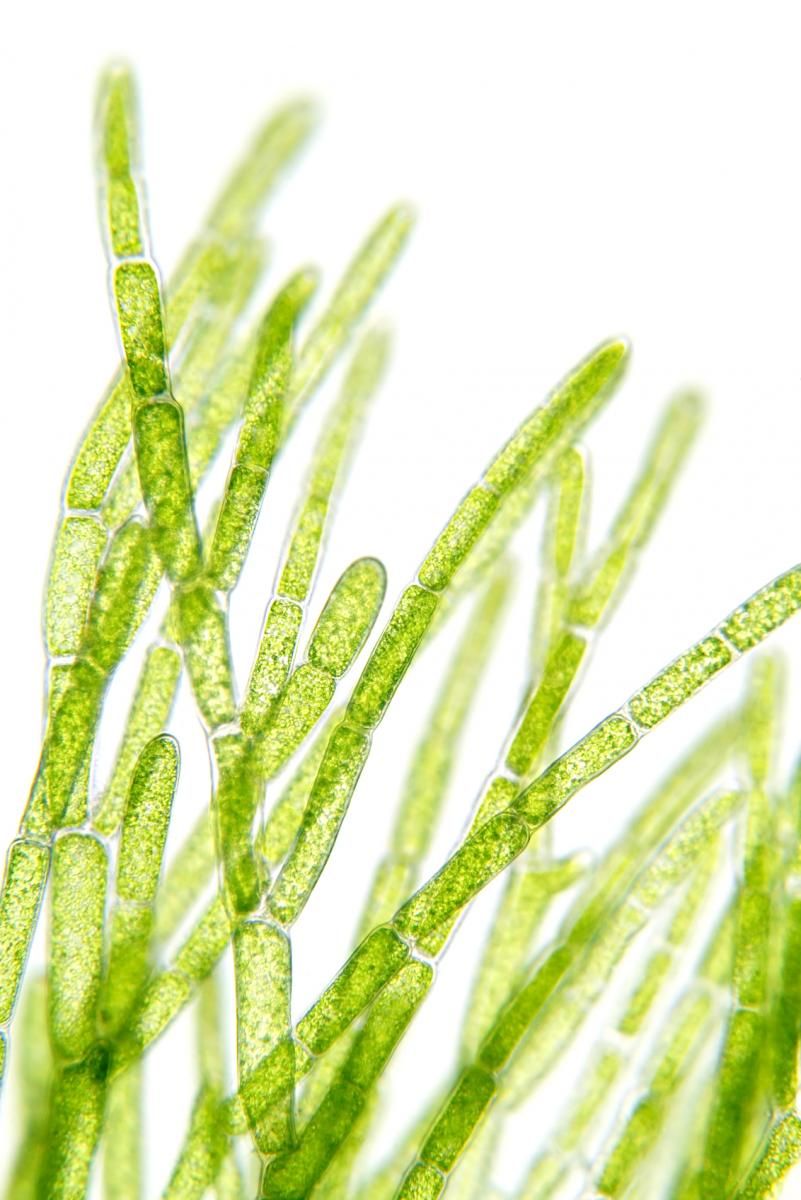BGG Creates Astaxanthin Subsidiary, Gains Organic Astaxanthin Certification
Beijing Ginkgo Group (BGG; Beijing) is sharpening its focus on the astaxanthin market, spinning off its algae nutrition ingredients into a new subsidiary, Algae Life Sciences Inc.
Photo © iStockphoto.com/buccaneership

Ingredients supplier Beijing Ginkgo Group (BGG; Beijing) is sharpening its focus on the astaxanthin market, spinning off its algae nutrition ingredients into a new subsidiary, Algae Life Sciences Inc., the company announced this week.
“The leadership of BGG believes that nutraceutical ingredients from algae will rapidly develop into a large and thriving segment of the supplement industry. With this belief in mind, BGG has decided to spin off its astaxanthin farm into a subsidiary in which BGG will remain the major shareholder that will have its sole focus on the production and marketing of efficacious ingredients from natural algae sources,” BGG stated in a press release. The company adds that it plans to “become the world’s largest algae producer in late 2017.”
The company will refer to Algae Life Sciences simply as “AlgaeLife” in the market. It says AlgaeLife will share BGG’s facilities, scientists, and sales teams and its offices in the United States, Switzerland, Japan, and China.
Joe Huff, CEO of AlgaeLife’s U.S. operations, said the subsidiary plans to introduce new astaxanthin products regularly, based on the company’s flagship astaxanthin brand, AstaZine, produced from the algae species Haematococcus pluvialis. Other members of the AlgaeLife team now include Bob Capelli, executive vice president of global marketing.
One of AlgaeLife’s first moves was to announce in March organic Ecocert certification for its Haematococcus pluvialis production. According to the company, it is the world’s first organically produced astaxanthin. “This pinnacle achievement for our flagship product AstaZine natural astaxanthin will be very exciting for cutting-edge companies that target the organic market,” Huff said.
“While brands will have to check on their local regulations, we’re confident that in most markets, our customers can now launch our astaxanthin powder and use ‘organic astaxanthin’ on their labels,” Huff continued. “We’re currently looking at emerging delivery methods which will allow brands to use a certified-organic logo, such as the USDA’s, on their packaging, as well.”
BGG also supplies fruit and botanical extracts, natural vitamins, and natural sweeteners and flavors.
Also read:
2016 Ingredient Trends to Watch for Food, Drinks, and Dietary Supplements: Algae
Is Algal Protein Poised to Grow?
First Algae Cooking Oil Now on U.S. Shelves
Jennifer Grebow
Editor-in-Chief
Nutritional Outlook magazine
jennifer.grebow@ubm.com
Prinova acquires Aplinova to further increase its footprint in Latin America
April 7th 2025Prinova has recently announced the acquisition of Brazilian ingredients distributor Aplinova, which is a provider of specialty ingredients for a range of market segments that include food, beverage, supplements, and personal care.










